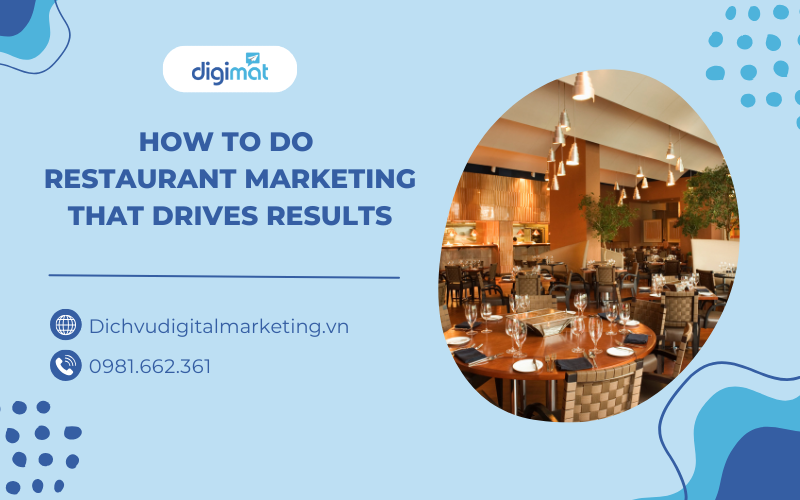Thinking of setting up a company in Vietnam? This guide covers steps, requirements, and why hiring an agency helps foreigners start a business in Vietnam successfully.
Vietnam has emerged as one of the most attractive destinations for foreign businesses and investors in Southeast Asia. With a fast growing economy, favorable government policies, and a strategic location, starting a business in Vietnam as a foreigner offers numerous chances.
This guide provides a detailed overview of the key steps involved in establishing a company in the country.
It highlights the essential requirements, benefits, and up-to-date statistics related to foreign business investment.
Additionally, the article explains how partnering with a professional agency can make their branding well-known.
Why Start a Business in Vietnam?
Vietnam’s economy has been thriving, making it a hotspot for foreign investment. Here are some key statistics that highlight why starting a business in Vietnam is a smart move:
GDP Growth: Vietnam’s GDP grew by 8.02% in 2022, one of the highest rates in the region (World Bank).
Foreign Direct Investment (FDI): In 2023, Vietnam attracted over $22.4 billion in FDI, with manufacturing, real estate, and technology leading the sectors (Ministry of Planning and Investment).
Ease of Doing Business: Vietnam ranks 70th out of 190 countries in the World Bank’s Ease of Doing Business Index, improving year by year.
Young Workforce: Over 60% of Vietnam’s population is under 35, providing a dynamic and skilled labor pool.
Free Trade Agreements (FTAs): Vietnam has signed 17 FTAs, including the CPTPP and EVFTA, giving businesses access to global markets.
These above-mentioned benefits make Vietnam an attractive place for foreign entrepreneurs to start or grow their business in Southeast Asia.
Steps to Setting Up a Company in Vietnam
1. Choose the Right Business Structure

Foreign investors can establish different types of entities in Vietnam, including:
Limited Liability Company (LLC) – Most common for foreign investors, requiring at least one shareholder.
Joint Stock Company (JSC) – Suitable for larger businesses planning to go public.
Representative Office (RO) – For market research without direct revenue generation.
Branch Office – An extension of a parent company, allowed in certain industries.
2. Select a Business Name & Check Availability
Your company name must be unique and comply with Vietnamese regulations. You can check name availability through the National Business Registration Portal.
3. Prepare Required Documents
Key documents include:
Investment Registration Certificate (IRC) – Required for foreign-owned businesses.
Enterprise Registration Certificate (ERC) – Legal proof of company establishment.
Notarized copies of passports, company charter, and capital verification.
4. Obtain Necessary Licenses & Permits
Depending on your industry, you may need additional licenses (e.g., F&B, education, or import/export). Some sectors require special approvals from ministries.
5. Open a Corporate Bank Account
You must deposit the registered capital (minimum varies by industry) into a Vietnamese bank account.
6. Register for Taxes & Social Insurance
After incorporation, you must:
Register for VAT, Corporate Income Tax (CIT), and PIT (for employees).
Comply with social insurance contributions for local staff.
Why Hire a Professional Marketing Agency to Start a Business in Vietnam?
When starting a business in Vietnam as a foreigner, one of the biggest challenges is effectively promoting your brand in a competitive and culturally distinct market.

While setting up the legal structure is crucial, marketing your business correctly from day one can determine long-term success. This is where a professional marketing agency in Vietnam becomes invaluable.
Here’s why hiring a marketing expert is essential when setting up a company in Vietnam:
1. Deep Understanding of the Vietnamese Market
Vietnam’s consumer behavior, media consumption, and purchasing habits differ significantly from Western markets. A local marketing agency understands:
Cultural nuances – What appeals to Vietnamese customers?
Popular platforms – Facebook, Zalo, TikTok, and local e-commerce sites (Shopee, Lazada) dominate.
Trending marketing strategies – Influencer marketing, live commerce, and community-driven campaigns work best.
Without this insight, foreign businesses risk ineffective campaigns and wasted budgets.
2. Compliance with Local Advertising Laws
Vietnam has strict regulations on:
- Foreign ownership in media & advertising
- Content restrictions (e.g., political, religious, or sensitive topics)
- Product claims & certifications (especially in health, F&B, and cosmetics)
A professional marketing agency in Vietnam ensures your campaigns comply with local laws, avoiding fines or bans.
3. Faster & More Effective Brand Launch
Instead of spending months figuring out the market, a local agency can:
- Develop a market-entry strategy tailored to your industry.
- Localize branding & messaging – Translation alone isn’t enough; cultural adaptation is key.
- Execute multi-channel campaigns (SEO, social media, PR, and offline activations).
This accelerates brand awareness and customer acquisition.
4. Cost-Effective Digital Marketing Strategies
Many foreign businesses overspend on Google Ads or Facebook Ads without proper targeting. A Vietnam-based marketing agency can:
- Optimize ad spend by focusing on high-converting audiences.
- Leverage local platforms like Zalo Ads, TikTok for Business, and local SEO.
- Use data-driven strategies to improve ROI.
5. Access to Local Influencers & Media Networks
Influencer and KOL (Key Opinion Leader) marketing is huge in Vietnam. A local agency has:
- Connections with top influencers in your niche.
- Negotiation power for better rates on collaborations.
- Knowledge of which influencers actually drive sales (not just vanity metrics).
6. Competitive Advantage Over DIY Marketing
Many foreign entrepreneurs try to handle marketing themselves but struggle due to:
- Language barriers (poor translations hurt credibility).
- Lack of local SEO knowledge (Google Vietnam rankings differ from global SEO). For example, a global fast-food chain might rank highly worldwide, but in Vietnam, local eateries optimized for “phở ngon gần đây” (“delicious pho near me”) may appear at the top of search results due to their relevance to local search intent.
- Inefficient ad targeting (wasting budget on irrelevant audiences).
Setting up a company in Vietnam is just the first step—effective marketing ensures growth. By hiring a professional marketing agency, you gain:
✔ Faster market penetration
✔ Higher ROI on ad spend
✔ Compliance with local laws
✔ Stronger brand positioning
Need help launching your business in Vietnam? A trusted marketing agency like Digimat can be the difference between struggling and thriving in this dynamic market.
Read more:












